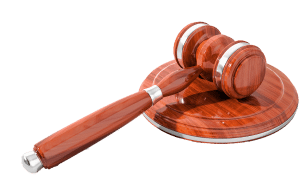A Will is a legal document that clearly sets out how you want your Estate (property, finances and belongings) to be distributed when you die. It is recommended that everyone 18 years and over should make a Will.
Updating Will
You should review and update your Will when there are major changes in your life, such as getting married or divorced, having children, buying a house or business. A Will is automatically revoked when you marry, unless the Will is expressed to be made in contemplation of your marriage, but a Will is not revoked on being divorced.

Executor or Executors
An Executor is or Executors are the person or persons who administer your Estate after you die. They carry out your wishes outlined in your Will. They should be someone you consider as capable, trustworthy and reliable, as well as having the ability to remain independent in the event of a dispute.
Dying without a Will
If you die without a Will (called intestate), your assets will be divided up as predetermined under the Succession Act 2006 (NSW). If you die intestate and have no surviving relatives, the State will receive your Estate.
Not providing adequately for children may result in your Will being contested. Not nominating guardians for children aged under 18 may also mean the Court decides their care.
For more information, read our articles on:
- Wills & Estate Planning
- FAQ – Wills and Estates;
- Children in Wills;
- FAQ – Executors and the Administration of Deceased Estates
Alternatively, feel free to contact the experienced Wills and Estates Lawyers at Rockliffs today.
